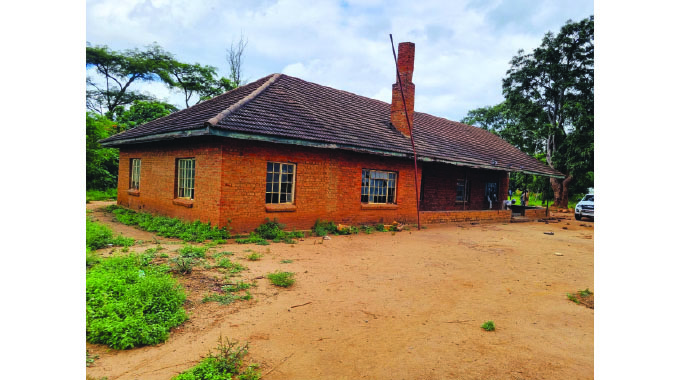Call for carbon credits issuer in Zim grows

Business Reporter
WITH global demand for carbon offsets picking up, as more companies seek to lower their carbon footprint, there are growing calls for setting up of a national organisation that issues carbon credits in Zimbabwe.
However, climate change campaigners believe that while having a local entity mandated to issue carbon credits was a noble idea given high costs involved in engaging international institutions, achieving international recognition might be difficult.
A carbon credit is a permit that represents removal of carbon dioxide from the atmosphere and can be purchased by an individual or a company to offset emissions resulting from their industrial production processes, delivery vehicles or travel.
For every tonne of avoided greenhouse emissions, the project owner receives credits, which can be sold to firms with a voluntary carbon reduction or compliance strategy.
While carbon credits are often created through forestry practices, a credit can be made by nearly any project that reduces, avoids, destroys or captures emissions.
“We need our own entity or a body that can work with an internationally recognised institution to satisfy local and issue credits to local projects,” Mr Edwin Moyo, the chief executive officer (CEO) of Nhimbe Fresh, which recently commissioned a 1,9 megawatt solar plant at its Marondera operations, told The Herald Finance & Business.
The solar project will provide the fresh produce grower and exporter with lower-cost and reliable electricity and nearly eliminate the company’s reliance on the national grid. This will enable Nhimbe to cut energy-related costs by roughly 60 percent. With solar replacing coal and diesel generation, the firm’s carbon emissions will be reduced by more than 1 000 tonnes per year.
Climate change analysts say establishing a national body to issue carbon credits was critical, but the company would need to work with international bodies to earn recognition.
“Projects that generate carbon credits are getting verified and satisfied by bodies outside Zimbabwe, which is an expensive process,” said a climate analyst who preferred to remain anonymous.
“So, in a way it could make sense to have a national entity, which issues carbon credits. “But will it gain international recognition given Zimbabwe’s perceived record internationally?
“Can anybody legitimately say these carbon credits have been issued by a Zimbabwean entity and say that the credit is legitimate?” he asked rhetorically.
At the moment, Carbon Green Africa (CGA) verifies and validates REDD+ projects in Zimbabwe to generate carbon credits to offset carbon footprints by every player across the globe thereby mitigating the effects of climate change.
CGA has a local team and network of partners, which has created core competencies which has enabled successful conservation projects governed by the rules of the Verified Carbon Standard and the community, climate and Biodiversity Standard (CCBS) at Gold Level while at the same enabling the project to be financially viable for all parties involved.
REDD+ is a framework created by the United Nations Framework Convention on Climate Change Conference of the Parties (COP) to guide activities in the forest sector that reduces emissions from deforestation and forest degradation, as well as the sustainable management of forests and the conservation and enhancement of forest carbon stocks in developing countries.








Comments